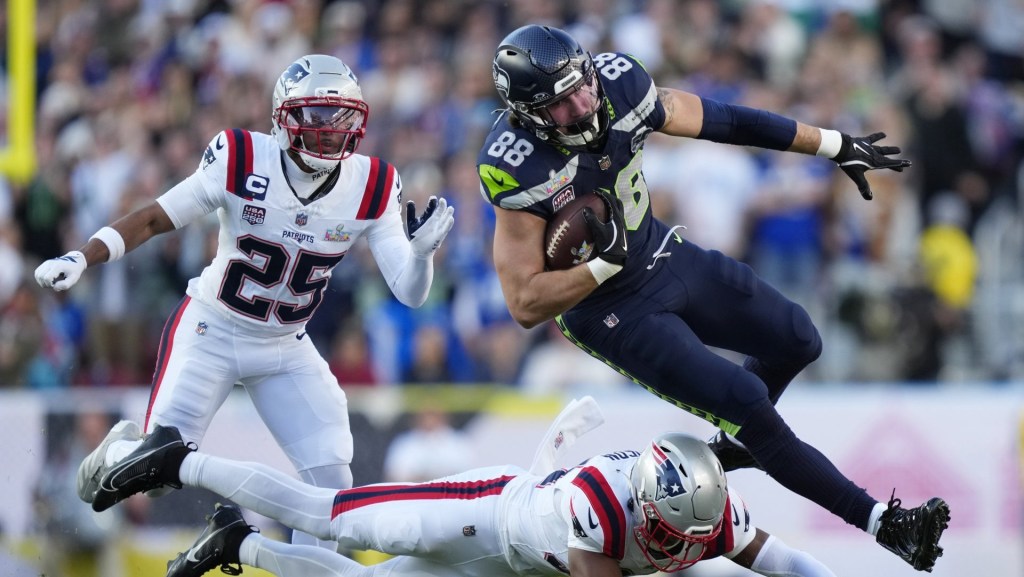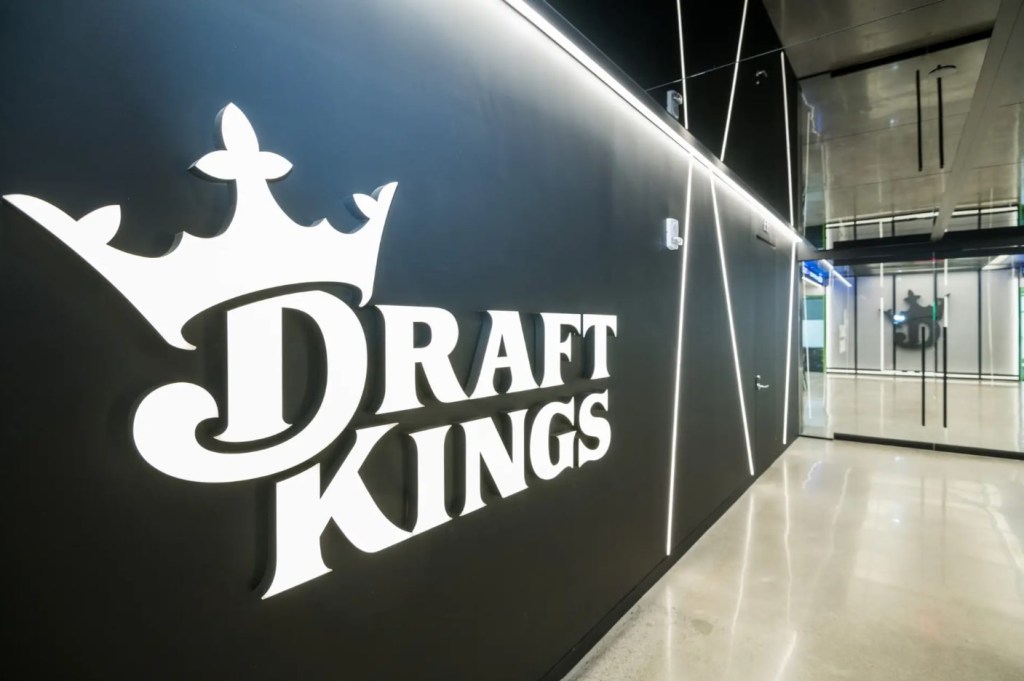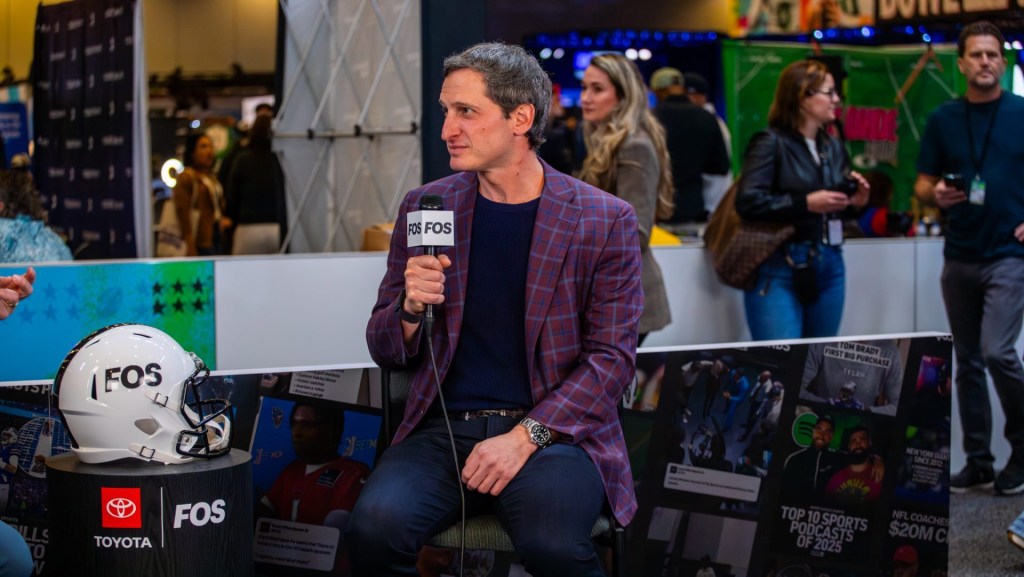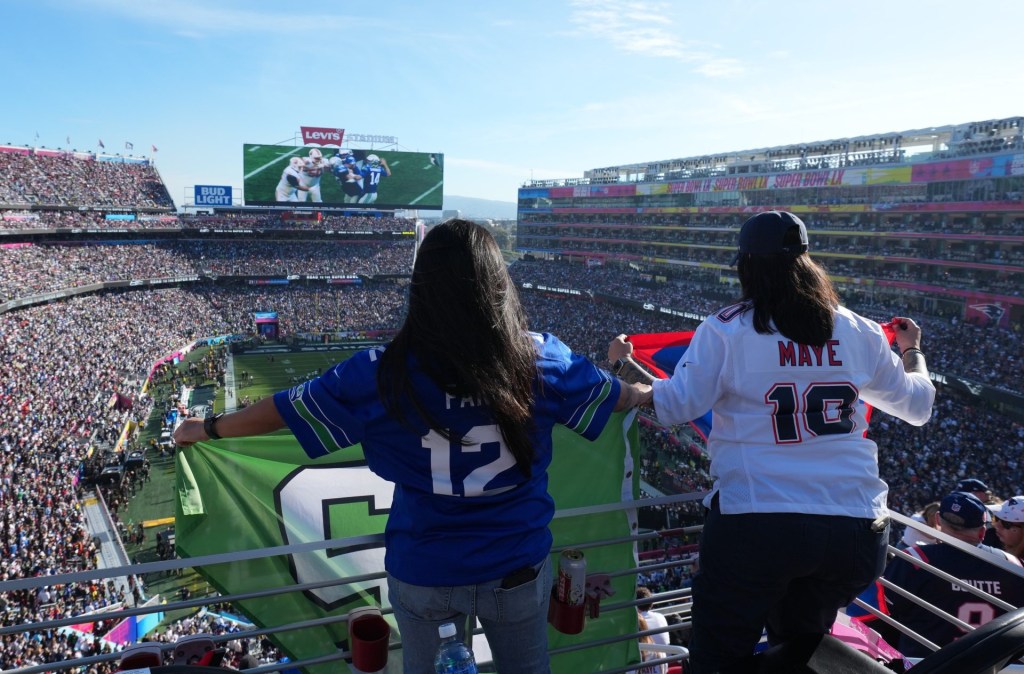Sports betting giants DraftKings, FanDuel, and Penn Entertainment could look to get in on the controversial sports prediction markets like those offered by Kalshi and Polymarket.
Each of the three companies made clear this week that they are well aware of the sports prediction space, which has garnered controversy because it appears very similar to sports betting. Companies in the prediction space, like Kalshi, are regulated by the Commodity Futures Trading Commission, a federal regulator that is mostly known for oversight of commodities like grains and oil, but also sports when considered in a trading context. Actual sports betting companies, like DraftKings and FanDuel, are regulated on a state-by-state basis, depending on whether sports betting is legal in a given state.
Kalshi, which has taken heat from numerous state regulators, has been racking up early wins in legal battles with some of those states. Its argument is that there is a significant distinction between its sports offerings—which allow users to “trade” on the outcomes of sports events—such as which team will win the next playoff game between the Celtics and Knicks—and sports betting.
Typical wagers placed have users betting against “the house”—casinos or sportsbooks like DraftKings or FanDuel, which set the odds and profit when bettors lose—while Kalshi operates a nationwide marketplace where users are trading against one another.
Peter Jackson, CEO of FanDuel parent Flutter Entertainment, said in this week’s earnings call that in states where sports betting is legal, he’s “not that confident” the sports prediction space will have a “significant impact.”
But elsewhere—such as in states like Texas or California, where sports betting is still outlawed—sports prediction markets could be a way for betting companies like his to generate business.
“Look, we’re working through it,” Jackson said. “Clearly, in states that haven’t regulated, there’s a sort of prime the pump type of opportunity that is not that dissimilar to some of the [daily fantasy sports] stuff, albeit it’s worth remembering that [daily fantasy sports] is a really good precursor to the parlay product, whereas the prediction markets are quite limited.”
“So look, it’s … we’re interested in [the] potential opportunity,” he said.
DraftKings, in a business update issued ahead of Friday’s earnings call, said “we continue to actively monitor the events surrounding federally regulated Prediction Markets, including recent court cases.”
Jay Snowden, CEO of Penn Entertainment—which has partnered with ESPN on a betting endeavor that to date has not performed as well as the company had hoped—said it’s keenly keeping tabs on the sports prediction space, which he described as a “niche” market.
“We’re staying very close,” he said on this week’s earnings call.
“I think it’s largely incremental, especially if it’s something that’s being offered in states where online sports betting is not currently legal,” Snowden said. “So I think more to come on that.”
Sara Slane, head of corporate development at Kalshi, tells Front Office Sports she is not surprised to see sports betting giants start to acknowledge prediction markets.
“It would be irresponsible for them not to comment on it, given the positive momentum Kalshi has at this point in time,” says Slane, who joined Kalshi in April.
Slane, a former executive at the American Gaming Association—a trade group that advocates for the U.S. casino industry and supports legalized sports betting—helped push legalized sports betting into the mainstream during her time with the AGA by campaigning to overturn the Professional Amateur Sports Protection Act, which the U.S. Supreme Court did in a landmark 2018 decision.
She gets why people see similarities in sports betting and Kalshi’s sports offerings, but she says the company is confident in its position that it is a federally regulated entity that’s compliant with the law.
“Sports betting is not going to go away, and will continue to thrive on a state-by-state basis,” she tells FOS. “This is a different product. It’s a national exchange that is regulated at the federal level. That’s really what the debate is about. If people want to put us as an adjacency to sports betting, it doesn’t change the fact that we have a federal regulator.”
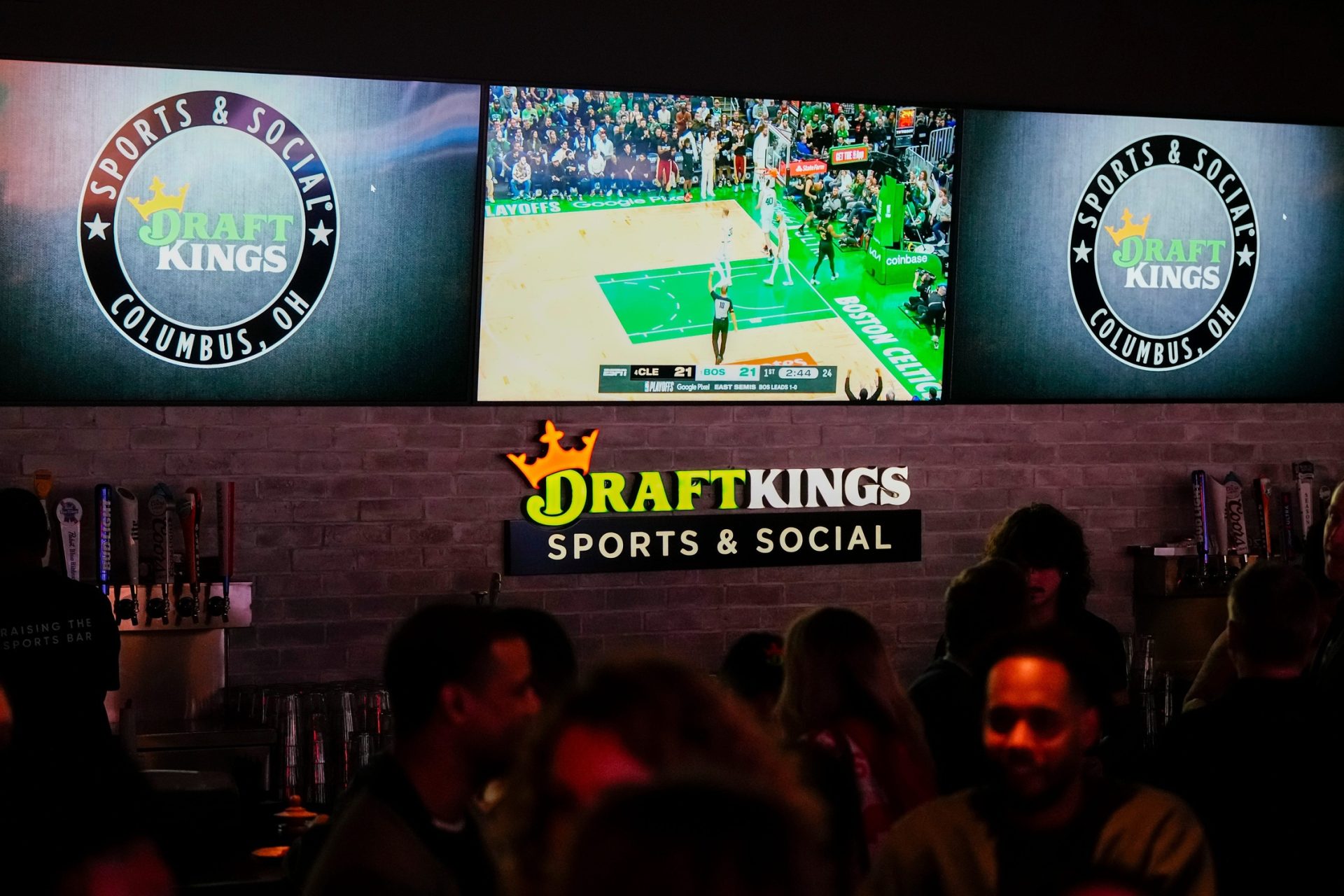

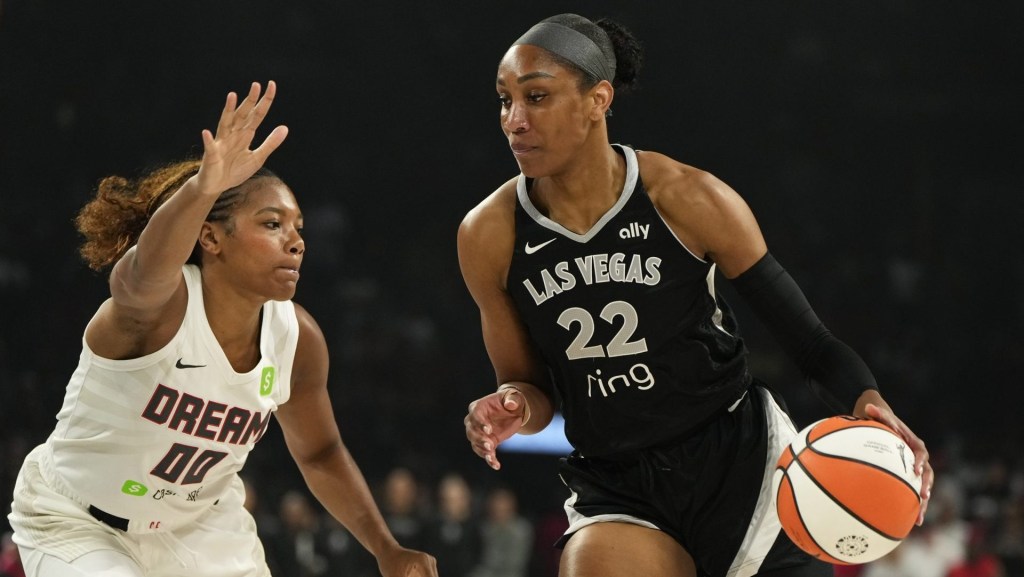
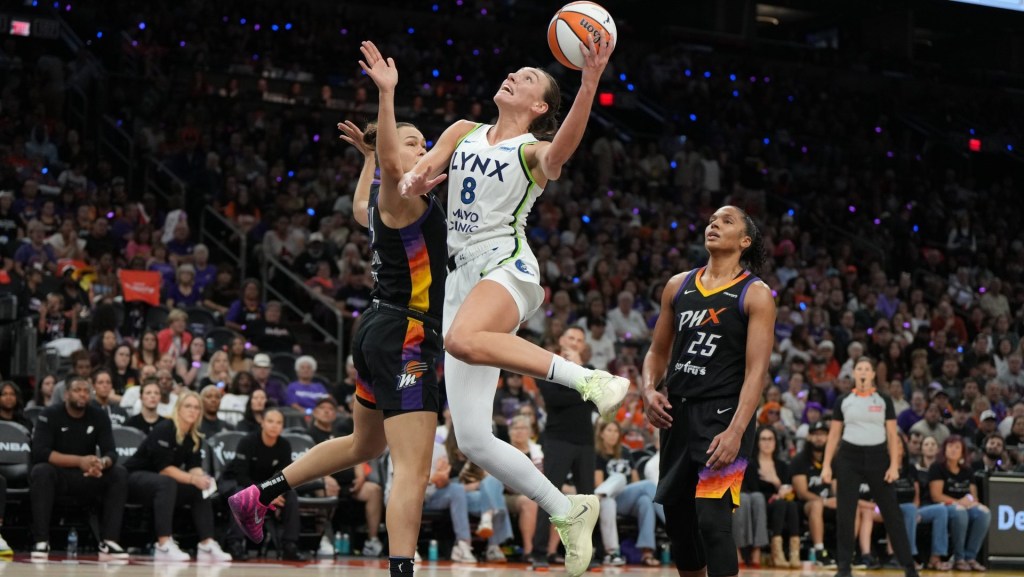
![[Subscription Customers Only] Jul 13, 2025; East Rutherford, New Jersey, USA; Chelsea FC midfielder Cole Palmer (10) celebrates winning the final of the 2025 FIFA Club World Cup at MetLife Stadium](https://frontofficesports.com/wp-content/uploads/2026/02/USATSI_26636703-scaled-e1770932227605.jpg?quality=100&w=1024)




